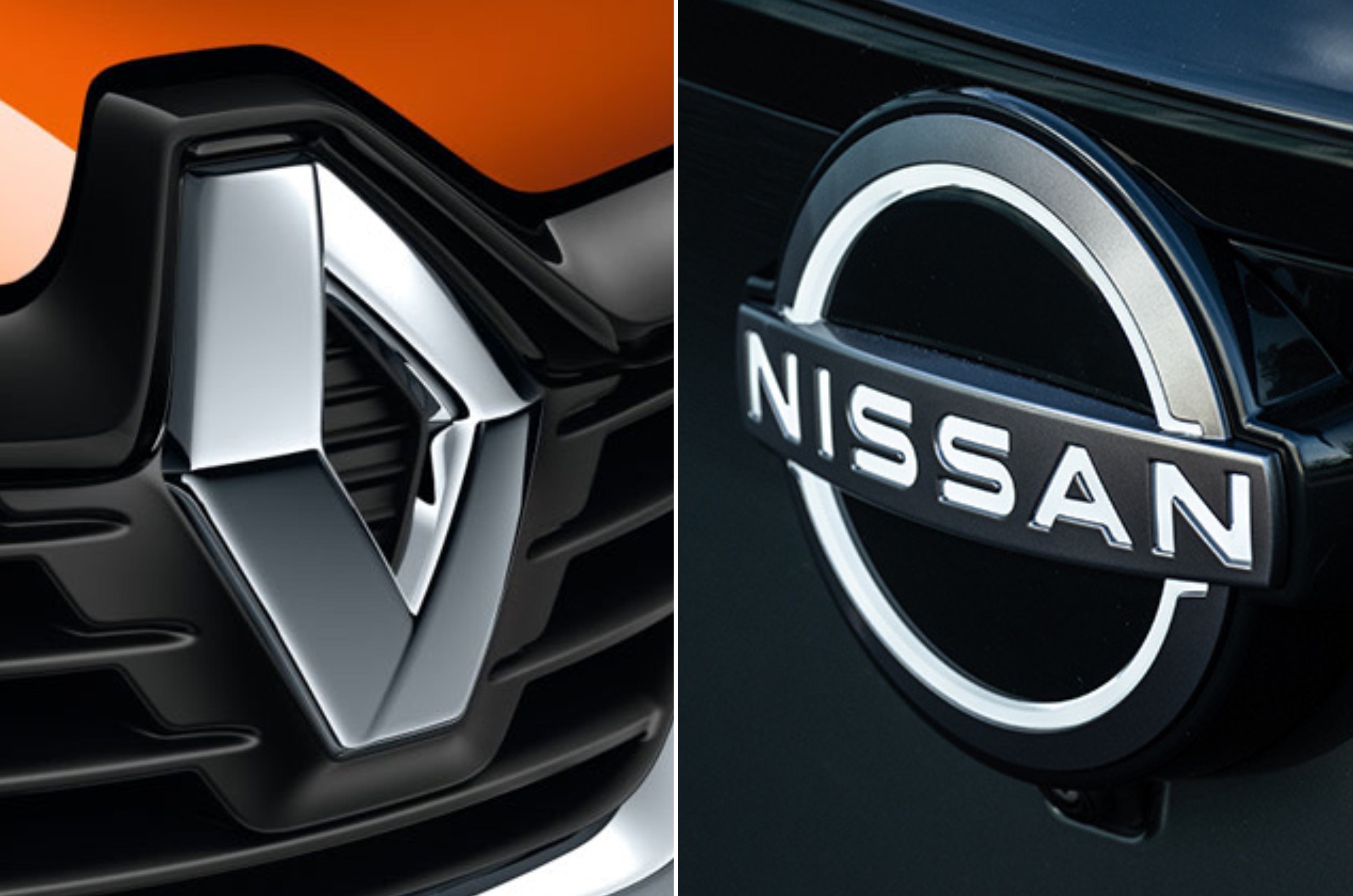
The Renault Group will be taking over complete control of the Indian manufacturing operations under its joint venture with Nissan. However, both companies will continue to serve the market under their respective brand names going forward.
- RNAIPL is now a fully owned subsidiary of Renault Group
- Renault to manufacture models for Nissan under a contract model
- Domestic product plans for both companies remain unchanged
So far, Nissan and Renault had a 51:49 share in the joint venture, respectively. However, Renault will now take over 100 percent ownership, even though Nissan will continue to use the manufacturing infrastructure under the current JV, Renault Nissan Automotive India Private Ltd (RNAIPL).
The move marks a significant step in Renault’s international expansion strategy and is part of a broader set of announcements that redefine the Renault-Nissan Alliance.
Nissan’s statement
“We remain committed to the Indian market, delivering vehicles tailored to local consumer needs while ensuring top-notch sales and service,” said Ivan Espinosa, President and CEO of Nissan. “India will remain a hub for our research and development, digital and other knowledge services.”
“We are on track,” Frank Torres, Divisional Vice President of AMIEO Region Business Transformation and President of Nissan India Operations, assured despite the stake sale. “Our investments are intact, our network is growing, and our future models are aligning with our aspiration to triple our volumes.”
Renault Group’s statement
“This project represents a key opportunity for Renault to expand its international business,” said Luca de Meo, CEO of Renault Group. The transaction, expected to close by the end of the first half of 2025, will see RNAIPL become a wholly owned subsidiary of Renault.
What it means for operations for Renault and Nissan?
RNAIPL is now a supplier to Nissan
Renault will now manufacture all Nissan vehicles under a contract model—a reversal of roles from the earlier alliance structure, where Nissan held a majority in RNAIPL.
Nissan, meanwhile, will retain a strong presence in India and continue to utilize RNAIPL for both domestic and export production. However, relinquishing control of the plant also means Nissan has lost direct influence over capacity, operational decisions, and workforce management. All manufacturing-related decisions, including allocating production between Renault and Nissan models, will now be made by Renault.
Torres maintained that Nissan has secured capacity for all its planned models through 2032 but acknowledged that any future expansion would depend on mutual agreement.
“From now on, RNAIPL is a supplier to Nissan,” he said.
Both companies will continue to operate Renault Nissan Technology and Business Center India (RNTBCI) under their existing 51:49 shareholding structure.
Upcoming production plans at Renault’s Chennai plant
Four new models from both brands are on track
Renault plans to accelerate product development from its Chennai facility—home to CMF-A and CMF-A+ platforms—by introducing the CMF-B platform next year, starting with four new models.
The companies also agreed to amend the New Alliance Agreement, reducing the lock-up commitment on cross-shareholdings from 15 percent to 10 percent, thereby providing both parties with greater flexibility in managing their equity stakes. As part of the same amendment, Nissan will also be released from its commitment to invest in Renault’s EV arm, Ampere.
Also See: